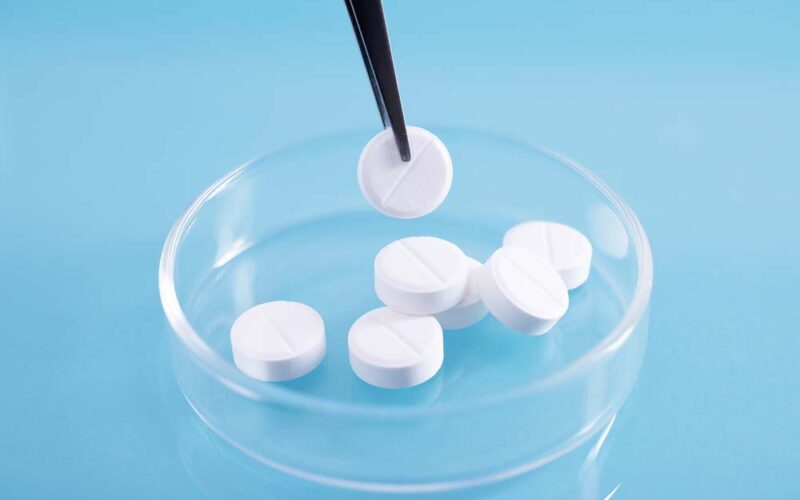The placebo effect is derived from the Latin word “I will please you.” The placebo effect is a phenomenon in which the therapeutic effect appears due to the person’s beliefs and mindset, even though he or she is actually taking fake drugs that are not helpful for treatment. In other words, the placebo effect is triggered by an individual’s belief and mindset in treatment rather than the effectiveness of fake drugs. Through the placebo effect, it can be seen that the human mind has a great influence on body healing. However, although the medical community acknowledges that the placebo effect exists, it does not recognize it as a treatment. This is because in some cases, one feels that their body is healing due to the placebo effect, but in reality, there are cases where there is no healing effect. In these cases, people should rely on actual medical judgment rather than subjective judgment because it can cause negative results for the patient by missing the timing of treatment. Thus, the medical community usually uses the placebo effect in clinical trials of new drugs.
How does the placebo effect occur?
Researchers acknowledge the placebo effect, but they do not know exactly what causes it. People believe that many factors contribute to the placebo effect (Cherry, 2011).
- Endorphin secretion – This is considered one of many factors. The patient led the secretion of endorphins by taking fake drugs. Through brain scans, the researchers confirmed that both subjects who took fake drugs and actual drugs had activated the brain area where endorphins were secreted.
- Genetic factors – It has been discovered through research that individual genetic characteristics can affect the placebo effect. Studies showed that humans with higher levels of dopamine experience the placebo effect better than those with average dopamine levels.
- Human beliefs and expectations – Human beliefs and expectations that conditions will improve through this drug play an important role in triggering the placebo effect. People with high expectations for healing and high motivation are likely to have a placebo effect.
In addition to the above, there are many other factors that researchers claim that cause a placebo effect. However, most of the factors can be said to be incidental factors that arise from human beliefs and expectations (Cherry, 2011).
How can medicine use the placebo effect?
1. Psychology experiments
In psychological experiments, the placebo effect is used as a representative method to test whether human psychological factors affect the body. Researchers monitored psychological and physical changes in subjects who took drugs that did not contain substantial therapeutic ingredients. As a result, it was found that placebo can cause psychological changes in humans and affect the body.
2. The field of medical research
The placebo effect is also used for medical research. It is used almost the same way as in psychological experiments, but this experiment focuses on identifying the effectiveness of the actual drug. Usually, the placebo effect is used to conduct clinical trials of new drugs. After classifying the subjects into two parties, one group takes medicine and the other group takes placebo. Then, the effectiveness of the actual drug is confirmed by comparing the degree of improvement in physical condition between the participants who took the actual drug and the placebo. In other words, when testing a new drug or medical technique, the placebo effect is used as a comparison target to confirm its effectiveness.
Conclusion
The placebo effect is closer to a phenomenon that a person can experience than a clearly defined theory. This is because clear causes and conditions have not yet been identified. Even now, researchers and scientists are trying to find accurate scientific evidence. A recent study found parts of the human brain responding to placebo. It is hoped that one day the placebo effect will be completely clarified.
References
Cherry, K. (2011). How the Placebo Effect Works in Psychology. [online] Verywell Mind. Available at: https://www.verywellmind.com/what-is-the-placebo-effect-2795466. [Accessed 20 May, 2022].
Saling, J. (2012). What Is the Placebo Effect? [online] WebMD. Available at: https://www.webmd.com/pain-management/what-is-the-placebo-effect. [Accessed 21 May, 2022].
Wikipedia Contributors (2019). Placebo. [online] Wikipedia. Available at: https://en.wikipedia.org/wiki/Placebo. [Accessed 19 May, 2022].
